Writers And Actors Strike: Hollywood Faces Unprecedented Production Freeze

Table of Contents
The Core Issues Fueling the Writers and Actors Strike
The Writers and Actors Strike isn't simply about pay; it's a fight for fair compensation, job security, and the future of creative work in a rapidly changing industry landscape. Two central issues are driving the strike: fair compensation in the streaming era and the threat of artificial intelligence (AI).
Fair Compensation and Residuals in the Streaming Era
The shift to streaming has fundamentally altered how writers and actors are compensated. Unlike traditional broadcast television, which offered substantial residuals based on syndication and reruns, streaming services often pay a flat fee, significantly reducing income for creatives.
- Lack of transparency in streaming revenue: Streaming platforms often operate with opaque revenue-sharing models, making it difficult for writers and actors to understand how their earnings are calculated. This lack of transparency fuels distrust and reinforces the need for fairer compensation structures.
- Demand for increased minimums: The strike aims to secure increased minimum pay rates that reflect the cost of living and the value of creative work in today's market. The current minimums are often insufficient to support a living wage, particularly in high-cost areas like Los Angeles.
- Fairer residuals for streaming platforms: The unions are pushing for a fairer system of residuals that accurately reflects the value of their work on streaming platforms. This includes seeking a more equitable share of profits generated from streaming viewership and other revenue streams. The current system is seen as heavily favoring the streaming giants at the expense of the creative talent.
The Impact of Artificial Intelligence (AI) on Creative Work
The increasing use of AI in scriptwriting, acting, and visual effects is a major point of contention. The potential for AI to replace human writers and actors, reducing job security and lowering wages, is a serious concern for the unions.
- Concerns about AI-generated scripts: The unions are worried that studios might increasingly rely on AI to generate scripts, reducing the demand for human writers. This could lead to a significant decline in writing jobs and a devaluation of writers' skills.
- Demand for protections against AI-driven job displacement: The strike aims to establish safeguards to prevent the misuse of AI and protect the livelihoods of creative professionals. This includes provisions that prevent the use of AI to replace human writers and actors.
- Negotiations for AI usage guidelines: The unions are pushing for clear guidelines and regulations regarding the use of AI in the entertainment industry. They want to ensure that AI is used as a tool to enhance creative work, not to replace human talent.
The Broader Economic Impact of the Writers and Actors Strike
The Writers and Actors Strike isn't just affecting writers and actors; its impact is felt across the entire entertainment industry.
- Losses for studios and production companies: Production delays are resulting in significant financial losses for studios and production companies, leading to potential project cancellations and impacting future film and television slates.
- Unemployment among support staff: Thousands of crew members, including grips, electricians, sound technicians, and other support staff, are facing unemployment due to the production shutdown. This has a devastating effect on their livelihoods and the local economy.
- Impact on related industries: The delay of film and television releases impacts related industries such as marketing, distribution, post-production, and tourism. Local businesses that rely on film production for revenue are also suffering.
- Potential economic downturn in Hollywood: The prolonged strike could trigger a significant economic downturn in Hollywood and surrounding areas, impacting local businesses and potentially the overall California economy.
Potential Resolutions and Future of the Writers and Actors Strike
The outcome of the Writers and Actors Strike remains uncertain, but both the WGA and SAG-AFTRA have clearly outlined their demands. Negotiations between the unions and the Alliance of Motion Picture and Television Producers (AMPTP) are ongoing.
- Key demands from WGA and SAG-AFTRA: These demands center around fair compensation, residuals, improved working conditions, and safeguards against the misuse of AI. Specific proposals vary between the two unions, but the core issues are largely aligned.
- Ongoing negotiations with AMPTP: The AMPTP represents the major studios and production companies. The success of the strike hinges on reaching a mutually acceptable agreement between the unions and the AMPTP.
- Uncertainty about the duration of the strike: The longer the strike continues, the greater the economic impact on the industry and the greater the hardship for those affected. A protracted strike could lead to permanent changes in the industry landscape.
- Importance of a swift resolution for the industry's future: A swift resolution is crucial to restore stability to the industry and ensure the long-term sustainability of creative professions. A prolonged stalemate could cause irreparable damage.
Conclusion
The Writers and Actors Strike represents a critical inflection point for the entertainment industry. The unprecedented production freeze highlights deep-seated concerns about fair compensation, the impact of AI, and the future of creative work in the streaming era. The resolution of this strike will not only shape the working conditions for writers and actors but will also have a profound impact on the broader economy and the future of Hollywood. It’s crucial to stay informed about the ongoing developments in the Writers and Actors Strike and to advocate for a fair and sustainable solution for all involved. Only through dialogue and collaboration can the industry navigate these challenges and ensure the continued success of filmmaking and television. Understanding the complexities of the Writers and Actors Strike, including the underlying issues of fair compensation and the implications of AI, is vital for anyone interested in the future of Hollywood.

Featured Posts
-
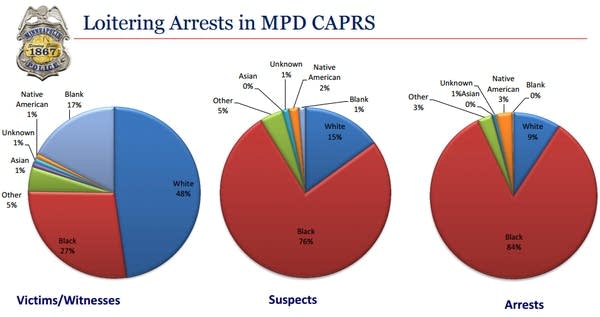 Increased Border Security Fewer Arrests Higher Turnback Rates
May 12, 2025
Increased Border Security Fewer Arrests Higher Turnback Rates
May 12, 2025 -
 Milwaukee Apartment Fire 4 Dead Hundreds Displaced
May 12, 2025
Milwaukee Apartment Fire 4 Dead Hundreds Displaced
May 12, 2025 -
 Thomas Mueller Konci V Bayernu Mnichov Po 25 Rokoch
May 12, 2025
Thomas Mueller Konci V Bayernu Mnichov Po 25 Rokoch
May 12, 2025 -
 Jurickson Profar And The 80 Game Ped Suspension A Deeper Look
May 12, 2025
Jurickson Profar And The 80 Game Ped Suspension A Deeper Look
May 12, 2025 -
 The Next Pope Key Factors Influencing The Papal Election
May 12, 2025
The Next Pope Key Factors Influencing The Papal Election
May 12, 2025
Latest Posts
-
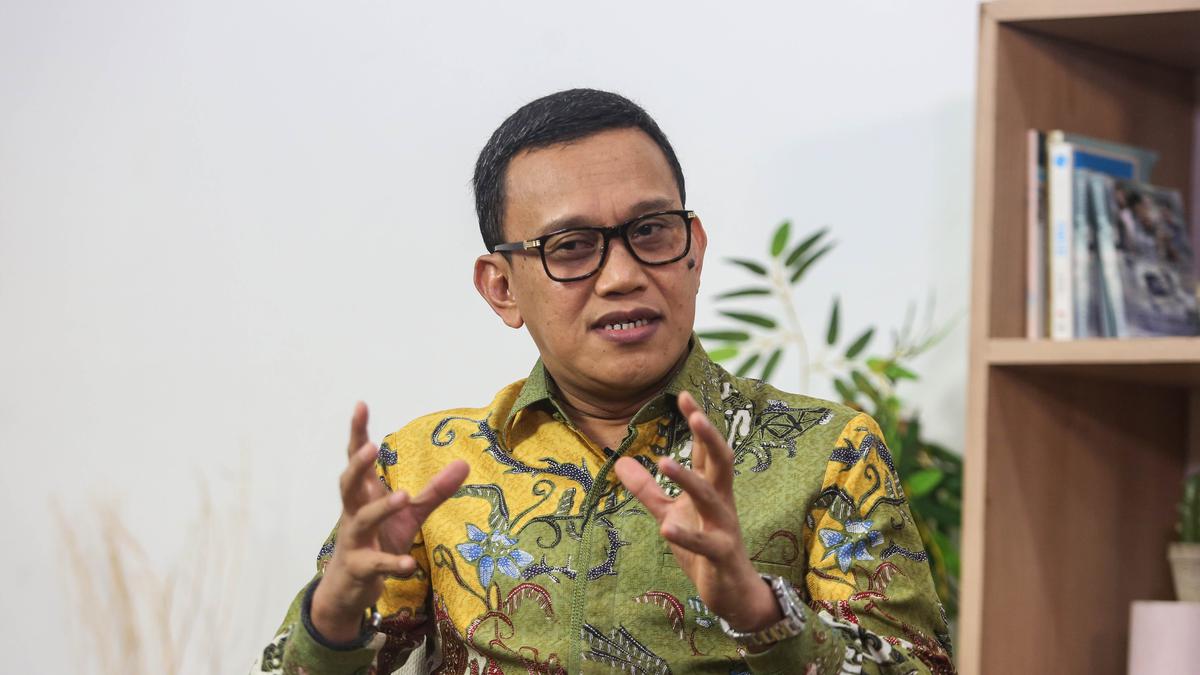 Pernyataan Resmi Karding Klarifikasi Terkait Pekerja Migran Di Kamboja Dan Myanmar
May 13, 2025
Pernyataan Resmi Karding Klarifikasi Terkait Pekerja Migran Di Kamboja Dan Myanmar
May 13, 2025 -
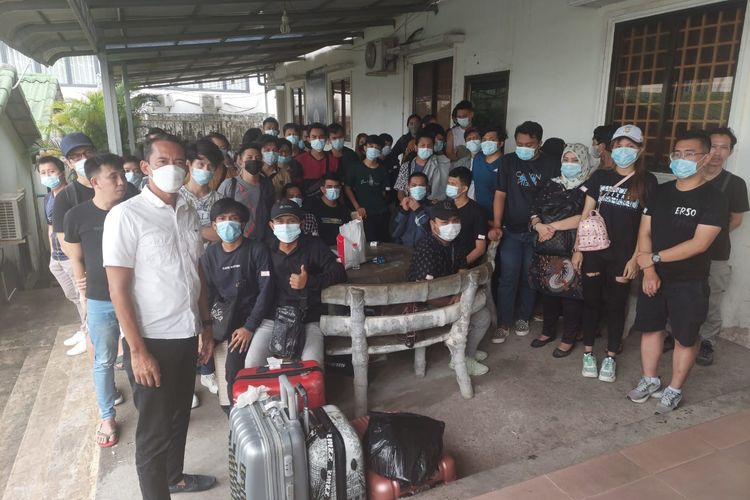 Penjelasan Karding Soal Penempatan Pekerja Migran Di Kamboja Dan Myanmar
May 13, 2025
Penjelasan Karding Soal Penempatan Pekerja Migran Di Kamboja Dan Myanmar
May 13, 2025 -
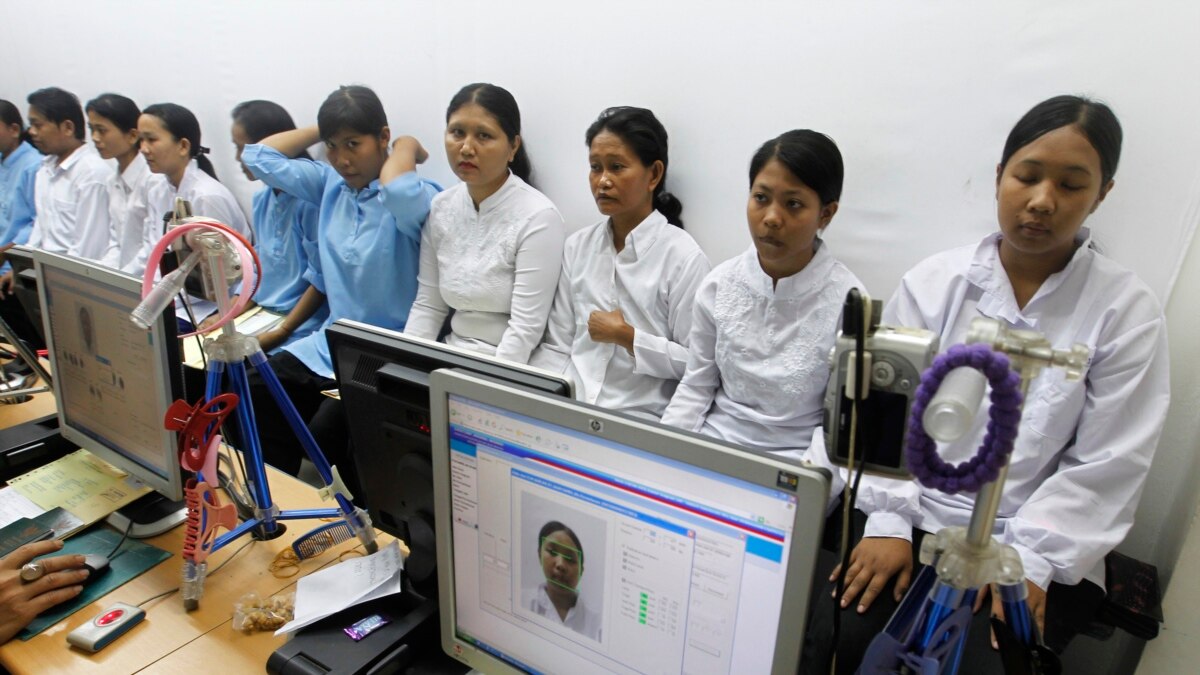 Karding Bantah Adanya Penempatan Pekerja Migran Di Kamboja Dan Myanmar
May 13, 2025
Karding Bantah Adanya Penempatan Pekerja Migran Di Kamboja Dan Myanmar
May 13, 2025 -
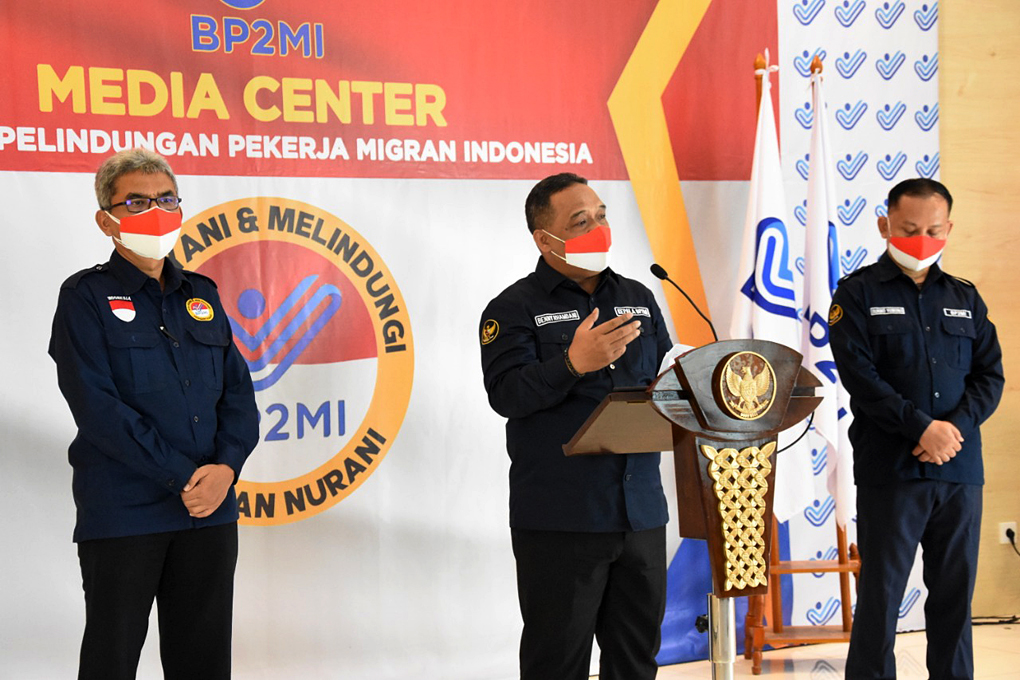 Karding Tegaskan Tak Ada Penempatan Pekerja Migran Di Kamboja Dan Myanmar
May 13, 2025
Karding Tegaskan Tak Ada Penempatan Pekerja Migran Di Kamboja Dan Myanmar
May 13, 2025 -
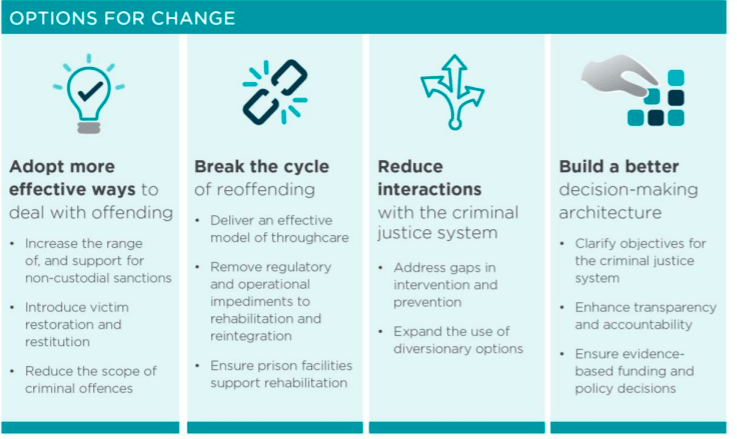 Improving Cross Border Mechanisms For Criminal Justice
May 13, 2025
Improving Cross Border Mechanisms For Criminal Justice
May 13, 2025
